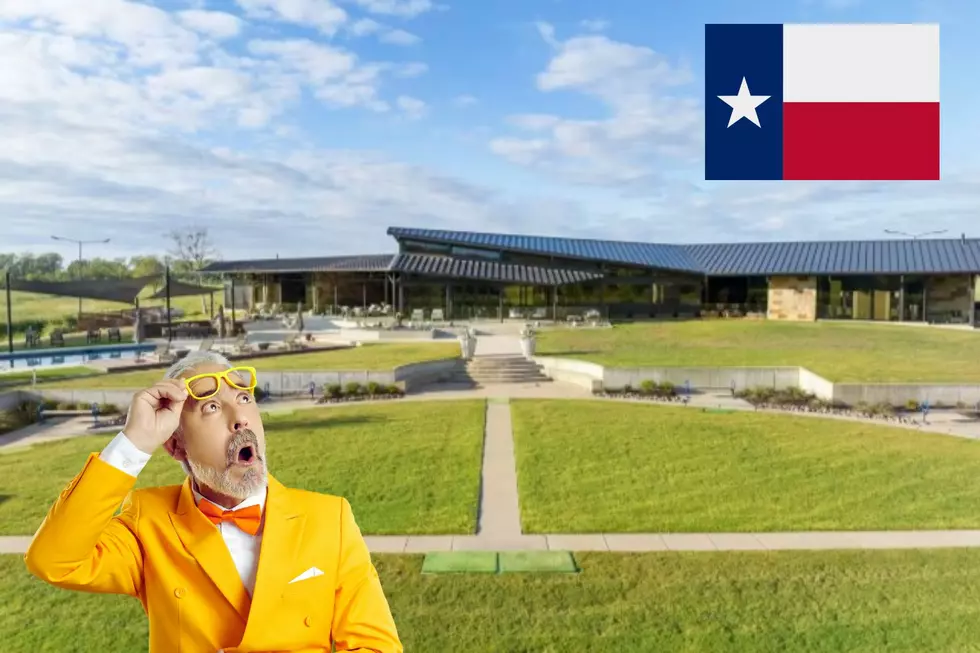
Can Texas Property Owners Shoot Down a Drone Over Their Land?
Drones are everywhere. Some people use them to capture stunning landscape photography. The military uses them for various purposes; some are still highly secret. Journalists use them to photograph news events. They're used in sports to film the action. More and more businesses are even experimenting with drone deliveries.
In a state like Texas, people are very strict about what happens on or in this care OVER their property. With that in mind, can you shoot or swat down a strange drone flying over your land or house?

No. You can't shoot it down or otherwise damage it.
Even so, under current Texas state law, using a drone to capture an image of private property without the owner's consent is illegal. Yet, there are many exceptions. It is legal if you are a law enforcement officer, a professor doing research, a surveyor, an employee of an oil, gas or power company, or more than a dozen other exceptions.
Using a drone to spy on neighbors or property is expressly prohibited in Texas. To quote the law:
A person commits an offense if the person uses an unmanned aircraft to capture an image of an individual or privately owned real property in this state with the intent to conduct surveillance on the individual or property captured in the image.
(b) An offense under this section is a Class C misdemeanor.
(c) It is a defense to prosecution under this section that the person destroyed the image:
(1) as soon as the person had knowledge that the image was captured in violation of this section; and
(2) without disclosing, displaying, or distributing the image to a third party.
Operating unmanned aircraft over a critical infrastructure facility is also an offense.
In addition, permits are required from the Federal Aviation Administration in any area where it might be otherwise legal to operate a drone.
Texas Parks and Wildlife has only designated two state parks that allow drone operations without a permit. San Angelo State Park is one, and Martin Dies, Jr.is the other. In other state parks, you must apply for a filming permit from the park's authorities.
If you plan on using a small unmanned aircraft or drone that is less than 55 pounds to deliver goods or provide other business services, there are no laws against that in Texas, so long as you follow FAA Part 107 guidelines.
Sure, it can be annoying when a drone flies over your private property, but there are many instances where our lawmakers have decided that the public good outweighs your private property rights. It always happens with imminent domain and many other laws throughout history.
With the proliferation of these aerial vehicles, it is something we must all get used to sooner or later.

